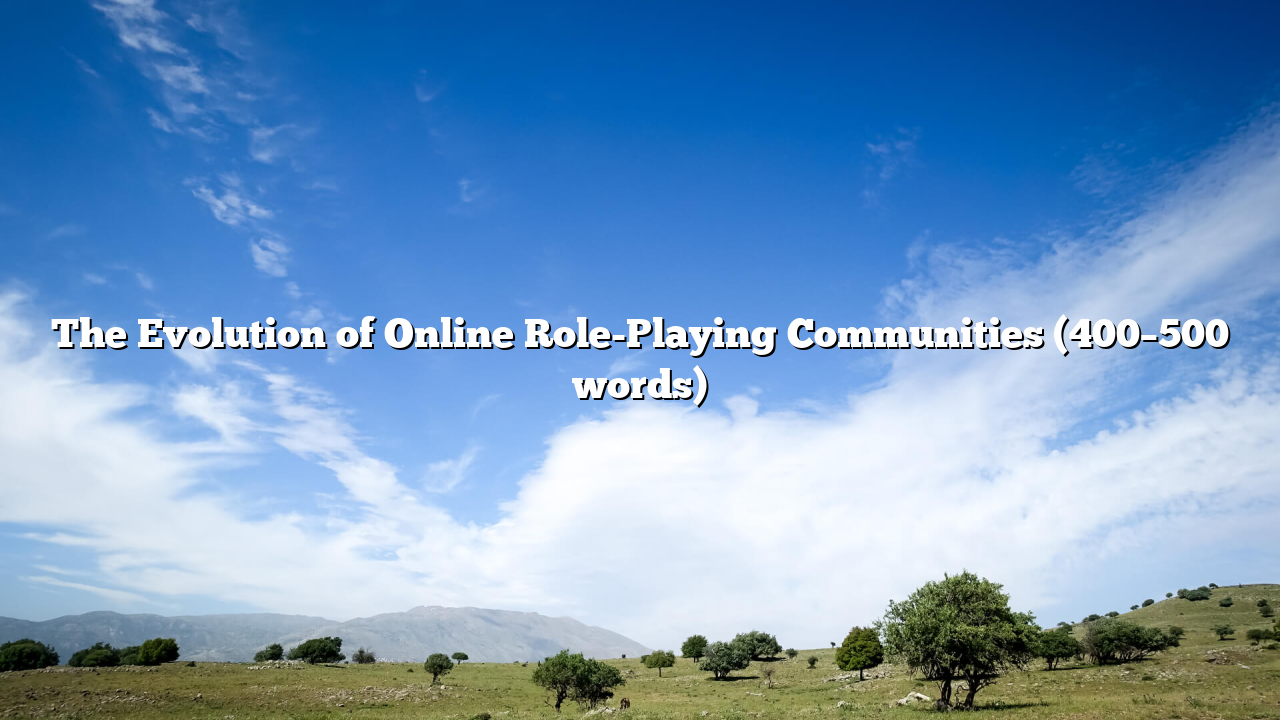Online role-playing communities have existed since the earliest days of the internet and have significantly influenced the development of online mahjong288 games. The origins of online RPG communities date back to text-based MUDs (Multi-User Dungeons) in the late 1970s and early 1980s. These games relied heavily on imagination and typed commands, creating immersive fantasy worlds where players cooperated, battled monsters, and formed social bonds. Early role-players used bulletin boards, newsgroups, and IRC channels to organize adventures and share stories.
When graphical MMORPGs began emerging in the 1990s, these communities expanded dramatically. “Ultima Online” (1997) became one of the first graphical worlds where role-players could walk through towns, attend in-game ceremonies, and participate in player-driven events. It introduced persistent worlds that continued to evolve even when players logged off, giving role-playing communities a sense of permanence.
“EverQuest” (1999) and “Dark Age of Camelot” (2001) pushed role-playing into more structured fantasy environments. Guilds and factions became central social hubs, providing players with opportunities to develop deep character backstories and ongoing narratives. Many players organized festivals, political gatherings, or in-character market events, turning MMORPGs into complex social simulations.
The arrival of “World of Warcraft” (2004) transformed online role-playing further. Role-playing servers attracted thousands who wanted a space dedicated to storytelling. Players created taverns, libraries, traveling merchant caravans, and even in-game newspapers. Blizzard’s improved animations and emote systems allowed for more expressive character interactions, strengthening immersion.
As social platforms expanded, online role-playing communities began integrating Discord, forums, and creative writing spaces. Some formed cross-game universes, blending tabletop RPG rules with digital worlds. Modern titles like “Final Fantasy XIV” and “Elder Scrolls Online” offer rich environments with housing, fashion customization, and player-run storylines, making them ideal hubs for role-players.
Today, online role-playing communities remain one of the most expressive forms of digital creativity. They demonstrate the social power of online games—where thousands collaborate to build shared stories that can last for years.
